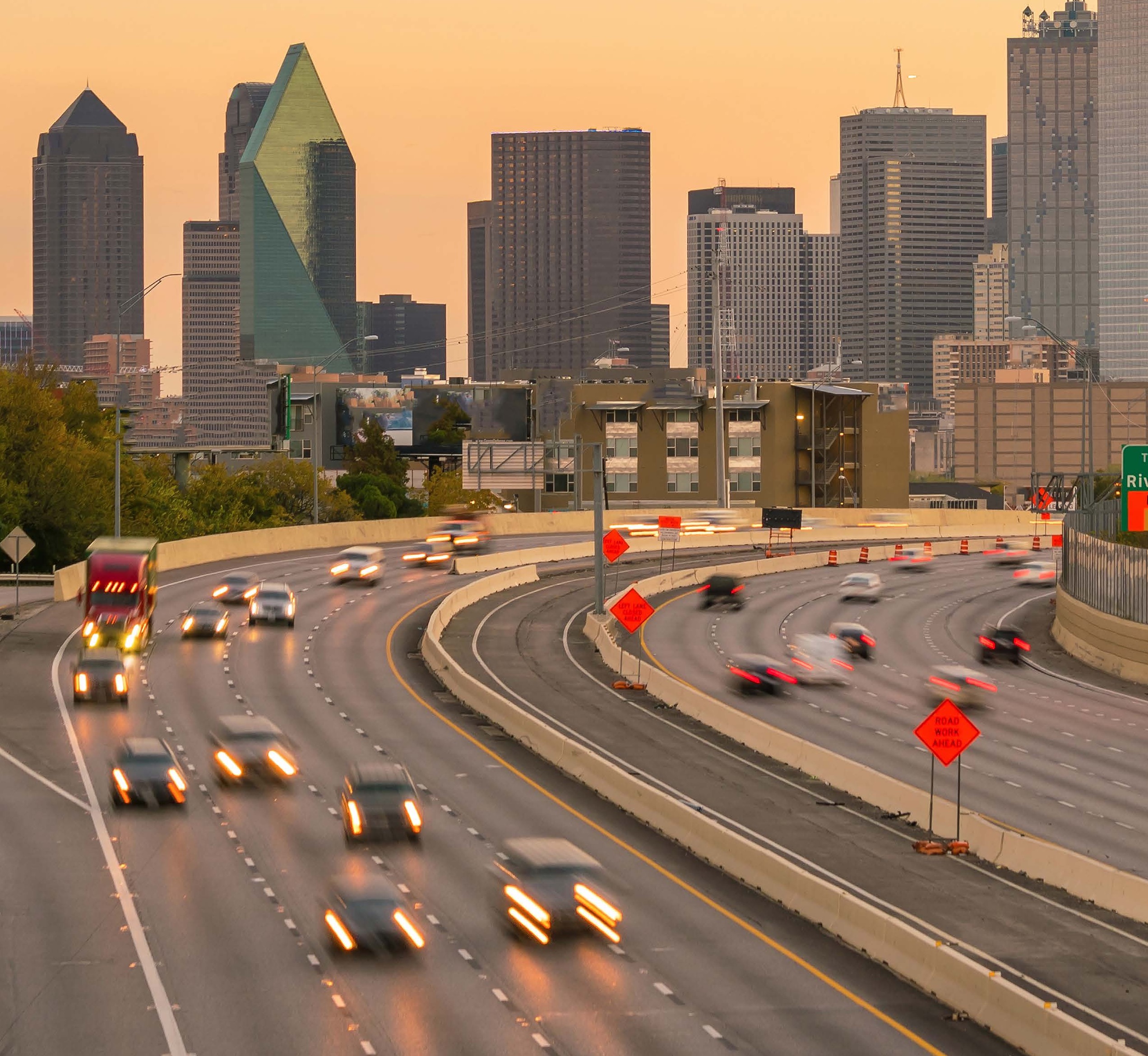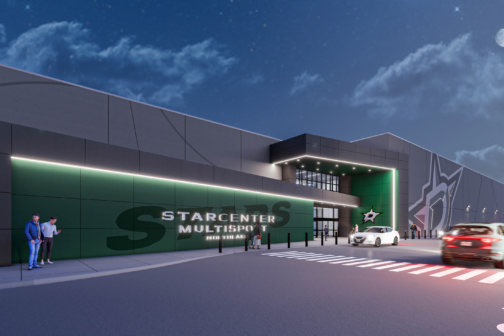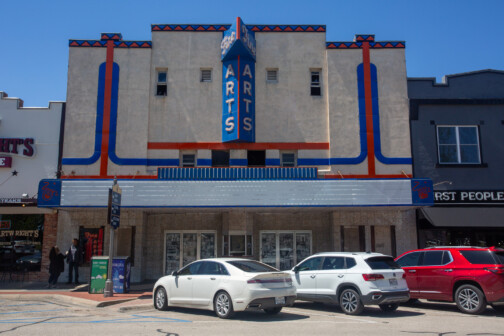Ericsson and the city of Dallas have teamed up to connect the city’s traffic system aiming to improve safety, monitoring, management, maintenance, and traffic flow.
The city is calling it the Advanced Traffic Management System, which will be the first U.S. system that uses Ericsson’s Connected Urban Transportation solution to aggregate and analyze real-time data from traffic sensors and cameras in order to control traffic lights, school flashers, and signage. The $9.8 million solution is expected to allow city officials to get instant information on malfunctioning intersections, assist with traffic issues, and ultimately improve traffic flow while lowering the cost of maintenance to the city.
“It’s important because the industry decides where to invest based on the quality of transportation infrastructure, and people decide where to live based on that,” said Brenda Connor, head of Smart Cities and Intelligent Transportation Systems at Ericsson. “This is enabling Dallas to efficiently handle urbanization and thrive.”
Implementation of the Advanced Traffic Management system began at the end of 2017 and is expected to fully operational by 2020, according to Ericsson. Within the first 60 days, Ericsson has completed “phase zero” of the multiphase project covering 600 intersections, Connor said. Each phase will offer additional the system capabilities as well as expand reach, she added. Ericsson is not disclosing what phase zero included. William Finch, Dallas’ chief information officer, said the city has replaced about 40 percent of 1,600 analog controllers with digital controllers at intersections across the city. Within the next 30 days, he expects to connect those controllers to Ericsson’s software. The city is working on high-traffic intersections and those with aging controllers.
Ericsson, which operates its North American headquarters out of Plano, won the city contract on Aug. 23 with a $9.8 million bid. Its bid beat out San Diego, California-based Cubic Transportation Systems Inc., which submitted a $13.6 million bid, Dallas-based Kimley-Horn and Associates Inc., which submitted a $24.9 million bid, as well as bids from TransCore ITS LLC, based in Harrisburg, Pennsylvania, and Peek Traffic, based in Houston. The deal includes the implementation of the system and a five-year service contract.
A 10-member committee that included representation from the city’s Mobility and Street Services, Communication and Information Services, Business Development & Procurement Services, as well as the cities of Richardson and Irving selected the winning bid. The city plans to fund the project with grants from the Texas Department of Transportation, and 2003 and 2006 bond funds.
The buy-in from Dallas is expected to kick off additional regional business for Ericsson, Connor said. “Traffic is a regional issue,” she said. “We’re expecting other municipalities to onboard.”
But beyond that, the solution sets Dallas up to eventually support autonomous vehicles. With connected intersections having the capability to communicate with other connected devices, say perhaps a car, streets and vehicles are able to effectively interact and mitigate safety issues and collisions. It also allows the city to share data with companies for other applications. Finch said the city has already been approached by automakers seeking the data so that they can build in systems that can communicate with the street lights to ensure drivers stop at red lights. It was forward-thinking on the part of the city, Connor says.
“Dallas was very brave in putting out this RFP,” she says. “It was 2015 … it was ahead of their time.”
It makes sense for the city. Dallas motorists spent 59.4 hours in congested traffic in 2016 costing each driver 40 extra gallons of fuel, according to a case study Ericsson released. The study cited road bottle necks as the cause of 40 percent of delays, followed by accidents, bad weather, work zones, and poor signal timing.
“While the technology is critical and important, the way I look at a smart city is it leverages technology to then generate data,” Finch said.“The data then leads to a degree of business intelligence, and from that you can drive the type of applications you want.”
Though Dallas will serve as Ericsson’s first U.S. implementation, the company has already completed a similar project in the Netherlands. In February, the company announced a partnership with Siemens and Simacan, a Dutch company that specializes in real-time traffic, to develop a nationwide connected traffic cloud service.





